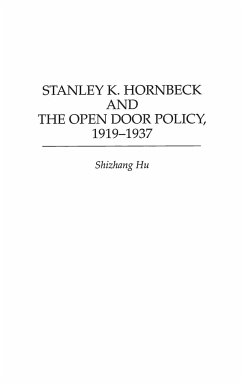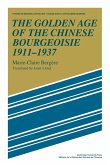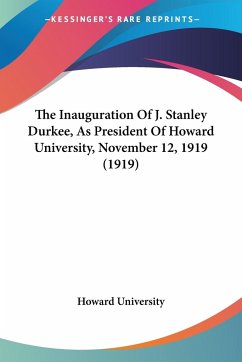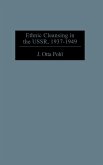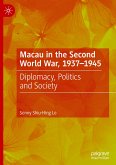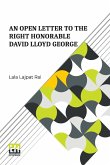Key to an understanding of many U.S. foreign policies, including the Open Door Policy, American extraterritoriality in China, the Stimson Doctrine, and the economic embargo against Japan, Hornbeck had more influence on policy toward Asia than any other official in the State Department from Wilson to FDR. In a book based on solid research of archival materials and the current literature in English and Chinese, Hu brings a Chinese perspective to an examination of Hornbeck's career and American policy in Asia. The book not only fills a vacuum in the study of Sino-American relations, but also corrects some traditional misperceptions and misinterpretations in the field. In Hu's view, Hornbeck has been misinterpreted by his contemporaries and by scholars. His policy was based on his perception of American interest in China, his changing views on the Chinese nationalist revolution, the relative strength of Japan, and his evaluation of the China market. Hornbeck's major weakness was a lack of understanding of the internal affairs of China. In illustrating Hornbeck's changing views on China and the East Asian situation, Hu disproves many misconceptions in current scholarship about Hornbeck being either pro-Chinese or pro-Japanese and about his consistent support for the Open Door Policy.
Hinweis: Dieser Artikel kann nur an eine deutsche Lieferadresse ausgeliefert werden.
Hinweis: Dieser Artikel kann nur an eine deutsche Lieferadresse ausgeliefert werden.

